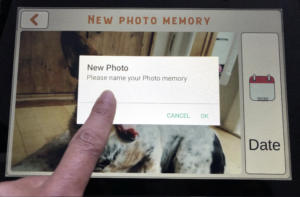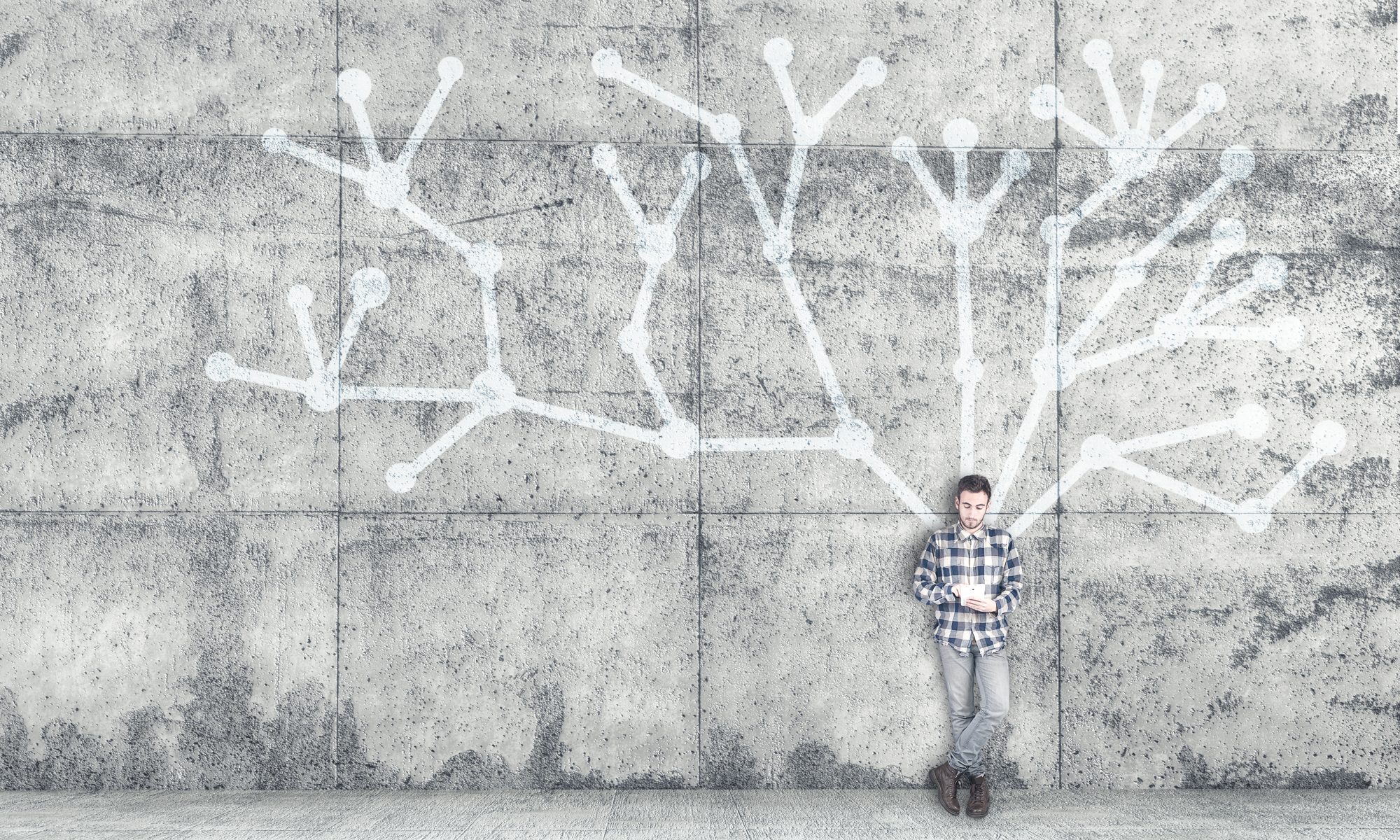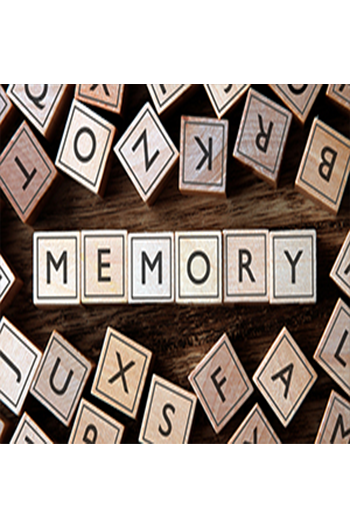The Memory Machine (MeMa) project built upon the growing trend towards the application of technology to assist older people experiencing cognitive decline and poor memory. The multidisciplinary research team has worked with users to co-design a solution to capture and preserve people’s memories and identifies.
During the challenging times bought about by the Coronavirus pandemic, the team reflected upon planned activity and introduced changes to enable the project to continue. The original aim – to build and test a ‘physical’ memory machine – was put on hold to follow social distancing restrictions, and the team instead developed an ‘App’ for use on smart devices.

Plans to hold in-person workshops with users to test and explore their experiences of using the ‘App’ were arranged to take place online. Interviews with users were also held online to discuss experiences around uploading memories, concerns around privacy and security of personal data, and how memories could be gifted or shared.
During a workshop addressing gifting, participants selected a memory and used media to create a ‘gift’. Participants used various media types to support narratives of their gifts such as audio, music, images and text. Many viewed the creation of a gift as an opportunity to pass on treasured memories to loved ones. The experience of framing a memory as a gift promoted reflection and participants expressed emotions such as joy, regret, loss, and happiness.
Discussions about privacy and data protection highlighted sensitivity about rights and ownership. Participants made recommendations in relation to trust. For some participants, privacy was not a main concern when firstly depositing photographs into the MeMa. When the number of memories, and therefore information about people increased, participants did however express concerns about privacy and data protection. Participants approach to MeMa seemed to change when increased technology and a potential online aspect of MeMa was discussed. For instance, some participants aligned MeMa to that of a photograph album in the context of privacy and security, but expressed different opinions when cloud systems were introduced.
There is a need for further exploration – ownership of MeMa data, individual rights to MeMa data before and after death, legacy considerations, such as identifying a next of kin before cognitive decline starts and could/should data be held on trust? Overall, participants felt it was important to document their memories digitally and have a way to share and gift them to others, in both a meaningful and compelling format.
A third iteration of MeMa has commenced, following a successful proposal to Horizon. Activity to design a custom-built ‘physical repository’ for digital memories started on the first of March. Testing MeMa will take place later on this year within settings where it will be accessible to multiple users experiencing cognitive decline, care workers and family members, while preserving data protection and privacy of personal content.
The MeMa 3.0 team extends a welcome to Helena Webb (Horizon Transitional Assistant Professor) and Hanne Wagner (Horizon and Mixed Reality Lab, Early Career Researcher).


